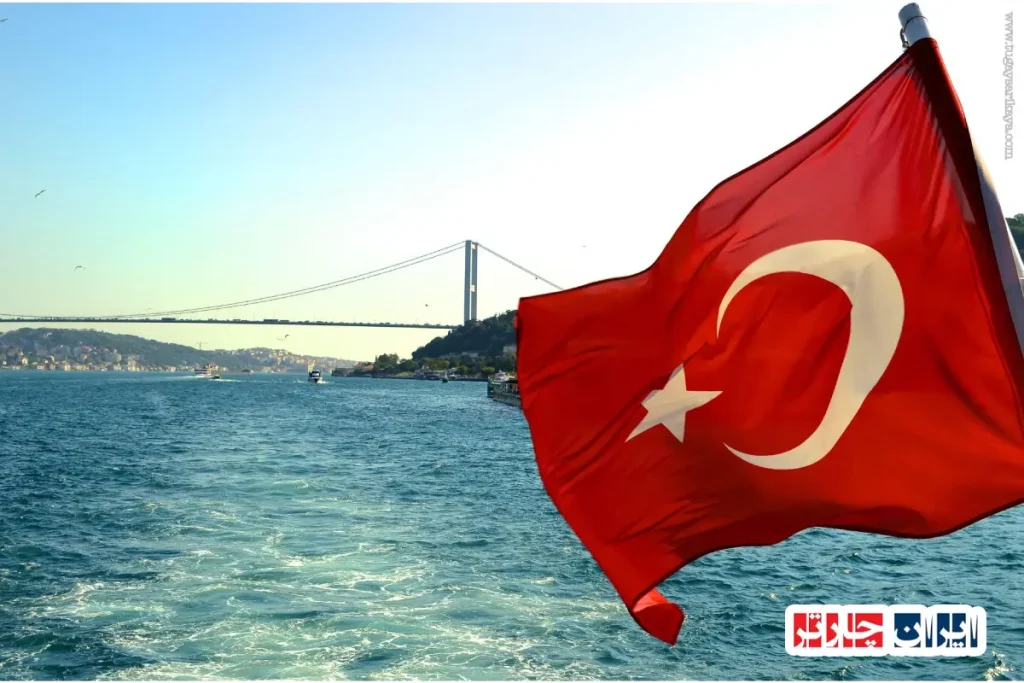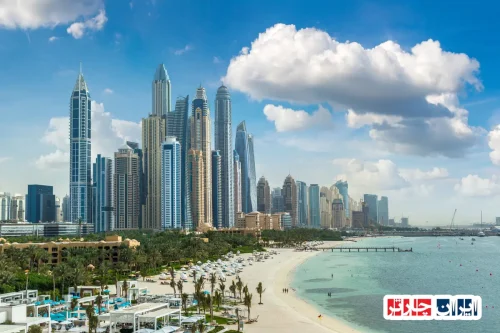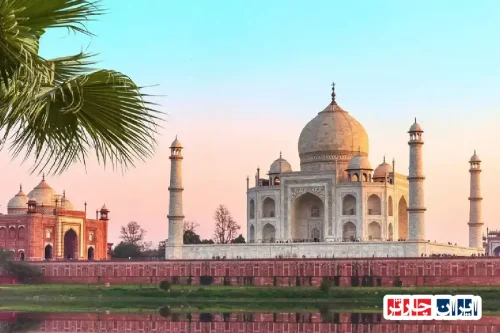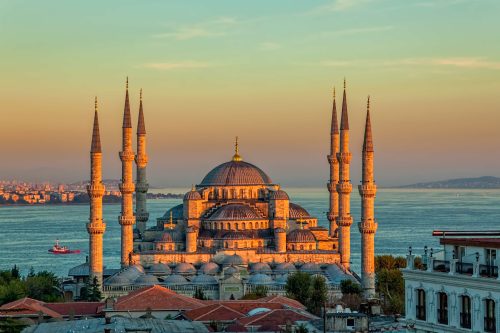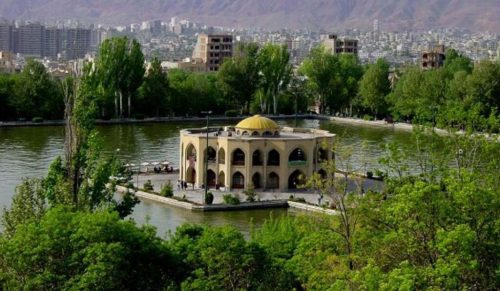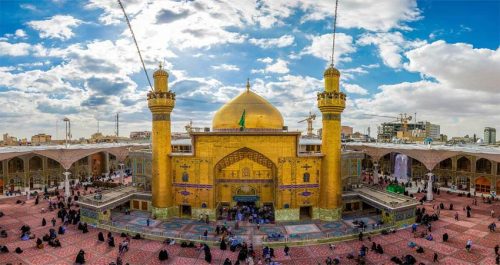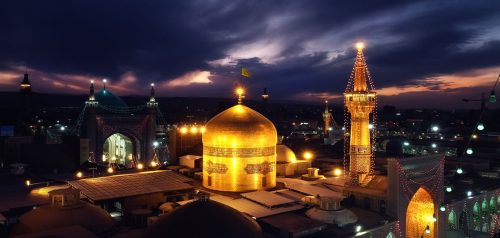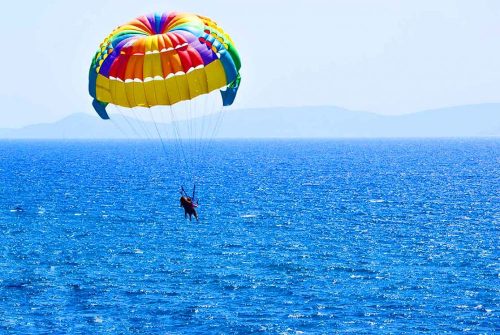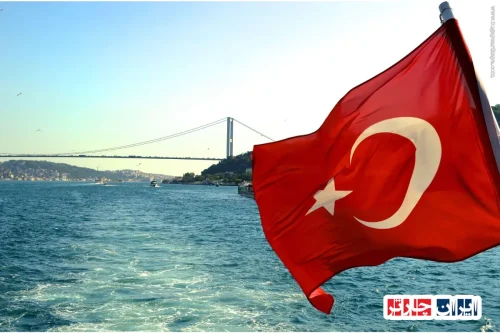Istanbul: Where Continents Meet and History Comes Alive
Did you know Istanbul is the only city in the world straddling two continents, Europe and Asia? This vibrant metropolis is a living testament to millennia of history. Immerse yourself in the grandeur of empires past by visiting architectural masterpieces like the stunning Hagia Sophia, the majestic Blue Mosque, and the opulent Topkapi Palace. Experience a sensory overload at the Grand Bazaar and Spice Market, where vibrant colors, intoxicating aromas, and unique flavors create an unforgettable atmosphere. A Bosphorus cruise offers a magical perspective of the city, revealing its iconic skyline from the water. Don’t miss the chance to savor Istanbul’s diverse culinary delights, from a simple street-side simit to sophisticated fine dining experiences.
Cappadocia: Land of Beautiful Horses and Fairy Chimneys
Cappadocia is a region unlike any other, famous for its unique rock formations known as “fairy chimneys.” The highlight of any visit here is an exhilarating hot air balloon ride at sunrise, offering a truly unforgettable panoramic view of the valleys below. Delve into the secrets of ancient civilizations by exploring the fascinating underground cities, hidden networks carved deep into the earth. For a romantic and serene experience, try horseback riding through the valleys at sunset, as the sky paints itself with warm hues. To fully immerse yourself in the local charm, consider staying in one of the unique cave hotels, blending traditional architecture with modern comfort.
Pamukkale and Ephesus: Turkey’s Natural and Historical Treasures
Pamukkale, often called the “Cotton Castle,” is a natural wonder featuring dazzling white travertine terraces filled with mineral-rich thermal waters. Take a rejuvenating stroll through these warm, therapeutic waters, experiencing their healing properties firsthand. Nearby lies the ancient city of Ephesus, one of the largest and best-preserved Roman cities. Explore its magnificent ruins, including the iconic Celsus Library, the grand Great Theater, and the site of the Temple of Artemis, one of the Seven Wonders of the Ancient World. A visit to Ephesus is a profound journey back in time, allowing you to vividly imagine life in antiquity.
The Mediterranean and Aegean Coasts: Serenity, Sun, and Endless Blue
Turkey’s Mediterranean and Aegean coasts are synonymous with relaxation and vibrant seaside experiences. Popular destinations like Antalya, Bodrum, Marmaris, and Fethiye offer pristine sandy beaches and crystal-clear waters. Indulge in exciting water sports such as swimming, diving, boat tours, and parasailing. Spend your days unwinding on the beautiful shores, soaking up the warm Mediterranean sun. As evening falls, immerse yourself in the lively nightlife of these coastal towns. Don’t forget to savor the fresh seafood and enjoy the breathtaking coastal views that make these regions truly special.
Beyond the Sights: Turkish Culture, Cuisine, and Hospitality
A trip to Turkey extends far beyond its stunning landmarks; it’s an immersion into a rich culture, diverse cuisine, and unparalleled hospitality. Discover fascinating Turkish customs and traditions, from the mesmerizing whirling dervishes (Sema) to the ritual of enjoying a traditional Turkish coffee. Embark on a culinary journey through the world of Turkish food, from famous kebabs to delectable sweets like baklava and lokum. Experience ultimate relaxation and purification with a traditional Turkish bath (Hamam). Take home unique local souvenirs like hand-woven carpets, intricate ceramics, beautiful jewelry, and artisanal crafts. Above all, the genuine warmth and hospitality of the Turkish people will undoubtedly make your journey even more memorable and enriching.

FAQ
What’s the best time of year to visit Turkey?
The spring (April-May) and fall (September-October) seasons are generally considered ideal due to pleasant weather, making sightseeing more enjoyable.
Do I need a visa to enter Turkey?
Visa requirements vary by nationality. Many countries can obtain an e-Visa online before arrival. Check the official Turkish government e-Visa website for specific requirements for your country.
What’s the best way to get around Turkey?
For long distances, domestic flights are efficient. For shorter trips, intercity buses are comfortable and widely available. Within cities, taxis, public buses, and metro systems are common.
What currency is used in Turkey?
The official currency is the Turkish Lira (TRY). It’s advisable to carry some local currency for smaller purchases, though credit cards are widely accepted.
What are the must-see attractions in Turkey?
Highlights often include Istanbul’s Hagia Sophia, Blue Mosque, and Grand Bazaar, the unique landscapes of Cappadocia, the ancient ruins of Ephesus, and the travertine terraces of Pamukkale.
Is English widely spoken in Turkey?
In major tourist areas and hotels, you’ll find English speakers. However, learning a few basic Turkish phrases can be helpful, especially in less touristy regions.
What kind of food can I expect in Turkey?
Turkish cuisine is diverse and delicious, featuring kebabs, mezes (appetizers), baklava, Turkish delight, and fresh seafood. Don’t miss trying a traditional Turkish breakfast.
Are Turkey tours all-inclusive, or can I customize them?
Many tour operators offer both all-inclusive packages and customizable itineraries. This depends on your preferences and budget.
Is it safe to travel in Turkey?
Generally, Turkey is a safe destination for tourists, especially in popular tourist areas. As with any travel, it’s wise to be aware of your surroundings and take standard safety precautions.
What should I pack for a trip to Turkey?
Pack comfortable walking shoes, layers of clothing for varying temperatures, and respectful attire for visiting religious sites (shoulders and knees covered). Don’t forget sunscreen and a hat, especially in summer.

